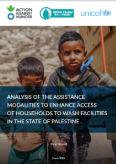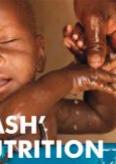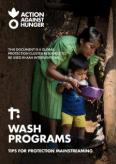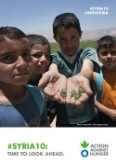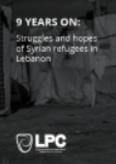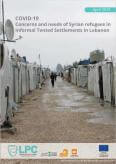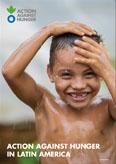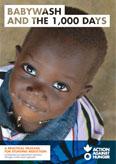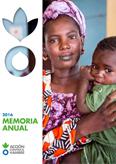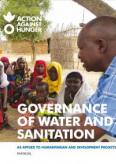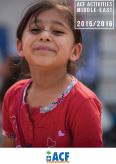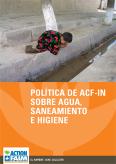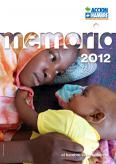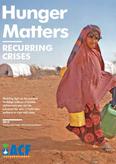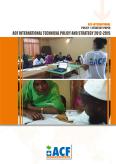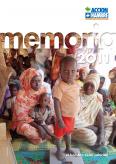water
We aim to guarantee access to water and basic sanitation, which are both necessary for the life and development of communities
sanitation
When faced with health risks, our aim focuses on reducing diseases related to poor water, hygiene and sanitation conditions
hygiene
Hygiene promotion is related to improved quality of life through awareness-raising campaigns
Water, sanitation and hygiene
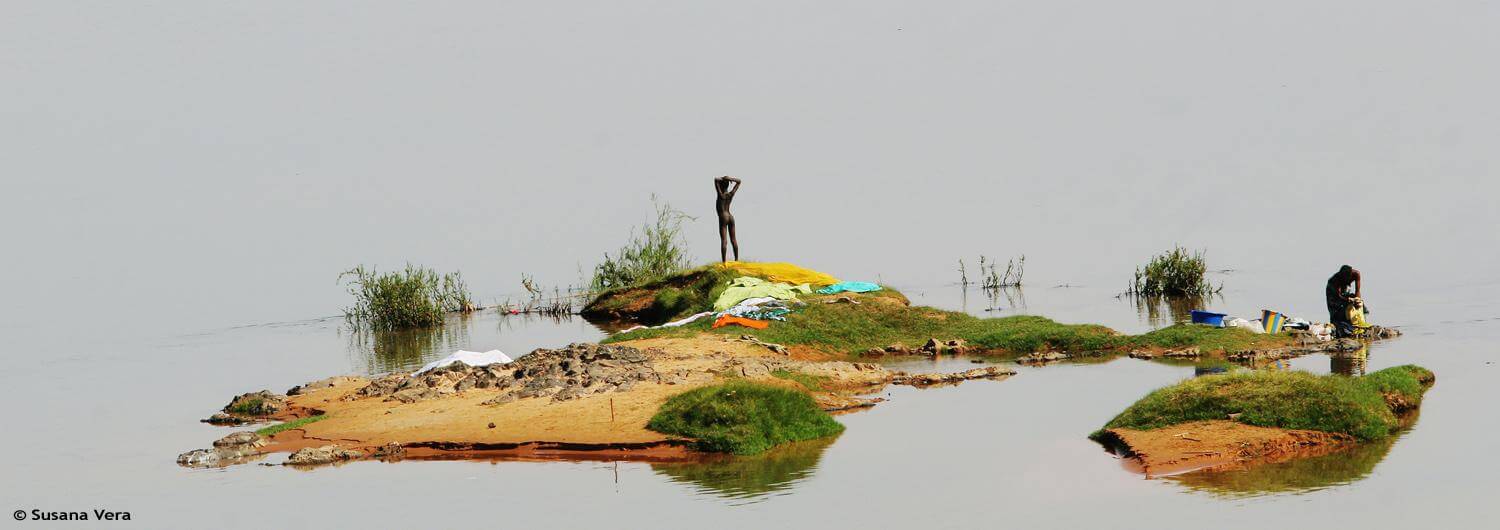
Access to water and sanitation is one of the greatest challenges of the 21st century. According to the WHO, 663 million people worldwide do not have access to safe water and 2.3 billion people do not have access to basic sanitation facilities. As a result, every year, around 4 million people, most of whom are children, die from water- and sanitation-related diseases.
Water is important not only in terms of improving public health but also for daily sustenance - crops, livestock, industry and trade all depend on access to water. Water supply conditions have an effect on health, hunger and poverty as well as community development.
Our water, sanitation and hygiene programmes have the aim of preventing malnutrition and waterborne diseases, both in emergency situations and post-emergency and development contexts. We cannot fight malnutrition without dealing with the diseases that contribute to its existence. As part of our comprehensive focus on hunger, we help provide access to safe water, sanitation and hygiene in needy communities all over the world.
WATER, SANITATION AND HYGIENE IN NUMBERS
- 663 million people in the world do not have access to safe water
- 2.3 billion people do not have access to basic sanitation facilities
- More than five percent of all child deaths can be prevented with safe water and sanitation.
- One in eight people does not have access to enough drinking water to satisfy their basic needs
- 80% of diseases in developing countries are waterborne
- Half of girls who stop going to primary school in Africa do so due to a lack of safe and private latrines
WHAT DO WE DO?
- Provide access to drinking water
In emergencies, we distribute water using tank trucks in affected areas, as well as setting up water tanks and deposits. When there isn’t enough water or it is unsafe, we drill and decontaminate wells, install water pumps, protect natural springs and aquifers, overhaul damaged infrastructure and bring water to hard-to-reach communities and health centres.
- Promote sanitation and hygiene
To prevent outbreaks of disease during a crisis, our teams in the field distribute hygiene kits and build latrines and hand-washing stations. In at-risk communities, we provide water filters and teach good hygiene practices like washing hands, cooking with clean utensils and drawing water from protected sources.
- Ensure lasting change
Our commitment to community participation guarantees self-sufficiency in the long term. We provide community committees with training to manage their water and sanitation infrastructure themselves. We also organise health teams to show good practice in sanitation and hygiene to the rest of the community.
OUR PROJECTS
- Water supply
- Excrement disposal
- Solid waste management
- Hygiene promotion
- Transfer of knowledge and training
- Risk management
Other lines of action
JOIN US
Donate now
Your donation will reach those who most need it
Become a member
Join the generation that can bring an end to hunger
Donate via SMS
send HAMBRE to:
- 28010(1.2€)
- 38010(6€)
- 38012(3€)
Full donation to our projects. Valid for Movistar, Vodafone, Orange and Yoigo

